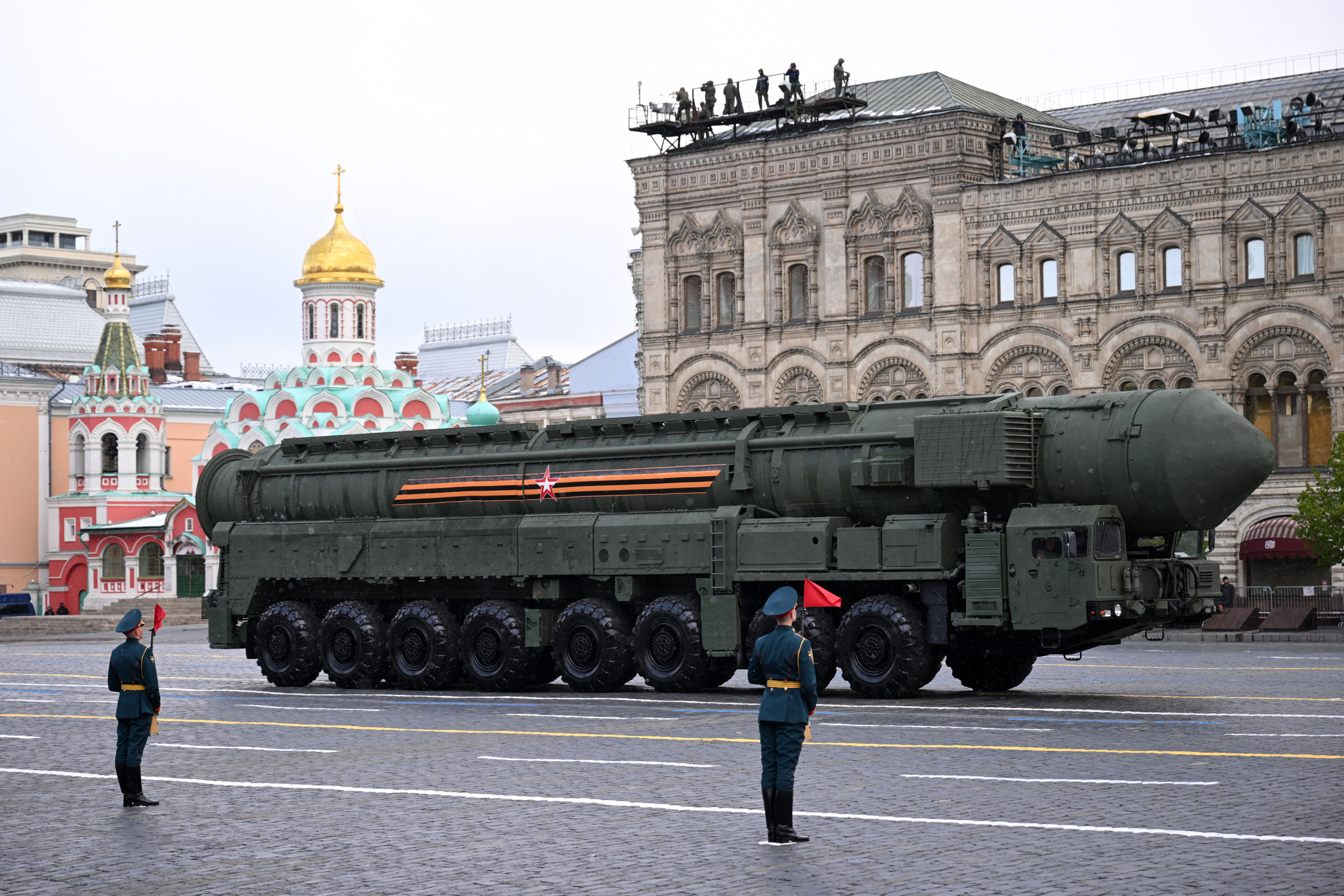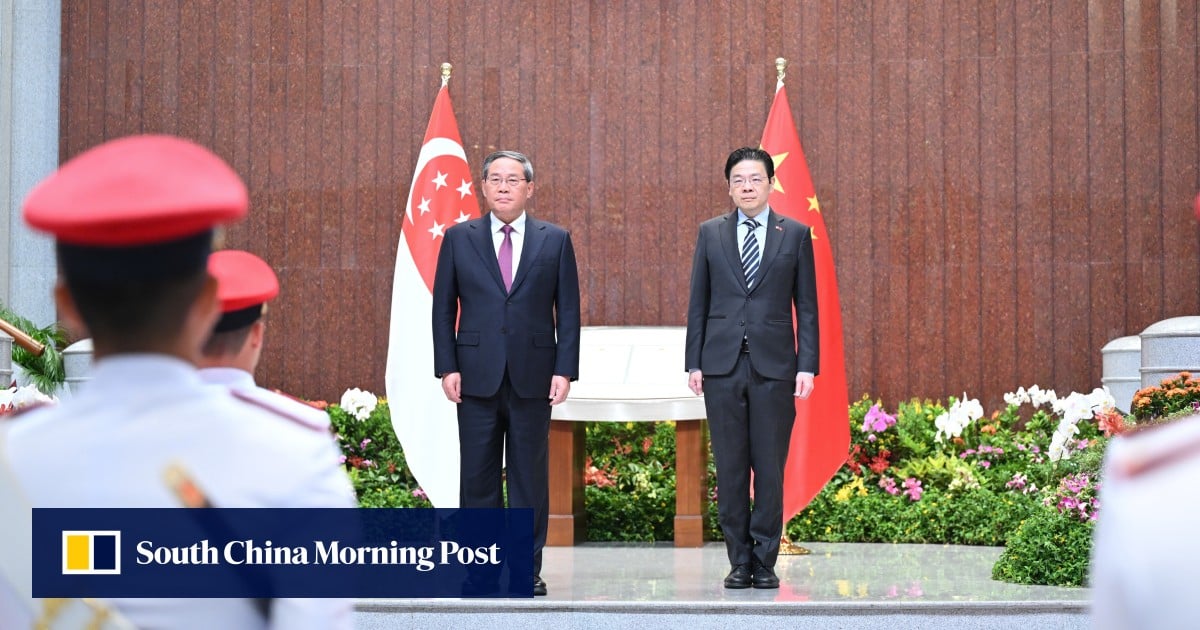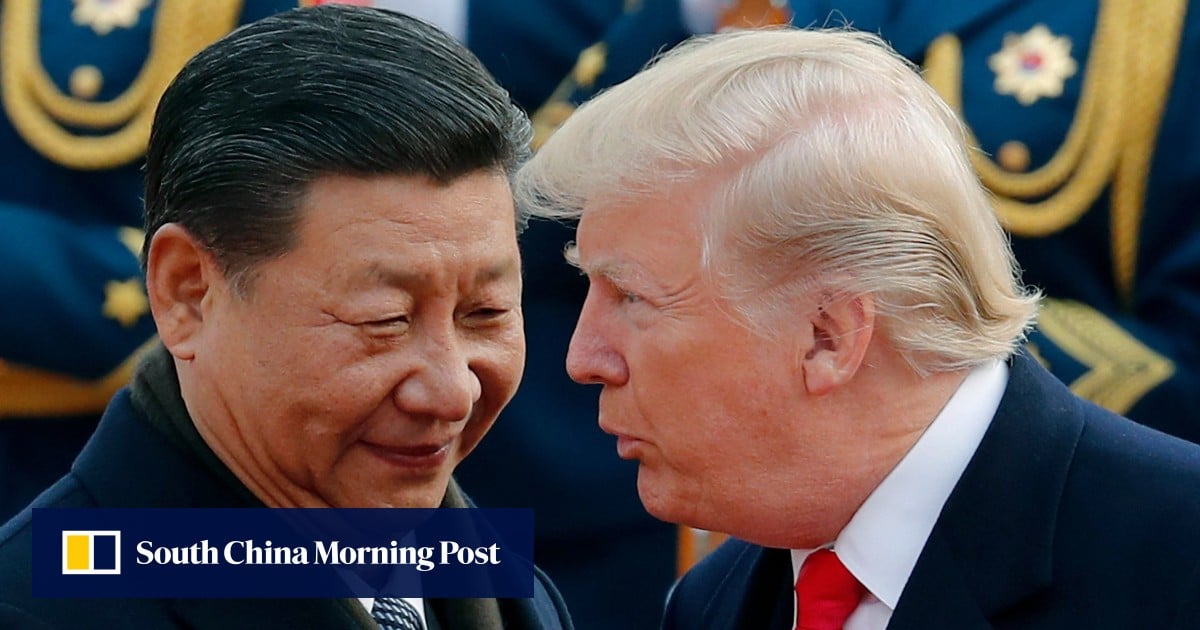China hosted a meeting last week with four other major nuclear-armed countries, saying this can avoid misunderstanding and miscalculation amid rising tensions in Europe.
China convened an expert-level P5 meeting in the United Arab Emirates’ city of Dubai on Wednesday December 4, the Chinese Foreign Ministry spokesperson Mao Ning said on Tuesday.
The P5 process is a multilateral discussion forum involving the United States, Russia, the United Kingdom, France, and China. They are the five nuclear powers recognized by the Treaty on the Non-Proliferation of Nuclear Weapons, which has been effective since 1970.
Representatives from these countries attended the meeting and had a candid discussion on nuclear doctrines, the Chinese spokesperson added. Newsweek has emailed the U.S. State Department, as well as the Russian, British, and French foreign ministries, for comment.
The meeting came after the P5 countries conducted a series of nuclear-related activities in recent months, including Russia, which is waging a war with Ukraine, firing a nuclear-capable intermediate-range ballistic missile on the Ukrainian city of Dnipro last month.
NATALIA KOLESNIKOVA/AFP via Getty Images
On Friday, Russian President Vladimir Putin signed a pact with Belarus that includes the possible use of nukes after he updated Russia’s nuclear doctrine, which also allows a potential nuclear response to a conventional attack by a country that is backed by a nuclear power.
Belarusian President Alexander Lukashenko confirmed the presence of nuclear weapons, stating, “I have brought nuclear warheads here, and not just a single dozen of them.” He also said his country is preparing facilities for the planned deployment of Moscow’s newest hypersonic ballistic missile.
Meanwhile, senior Russian officials, including Foreign Minister Sergey Lavrov and his deputy Sergey Ryabkov, have warned about the risk of a Russia-U.S. nuclear exchange amid Washington’s approval for Kyiv using U.S. missiles to hit Russian territory.
China has also reiterated in November that nuclear weapons should not be used and nuclear war must not be fought, in response to recent speculation about the possibility of the U.S. stationing nukes in the embattled Ukraine to deter future Russian aggression.
The U.S. test-launched an unarmed but nuclear-capable intercontinental ballistic missile (ICBM) in November, which was described as a routine activity, following a Chinese ICBM test in September and a Russian submarine-launched ballistic missile test in October.
The P5 are among the nine countries armed with nuclear weapons, which also included India, Pakistan, Israel and North Korea. The Stockholm International Peace Research Institute (SIPRI) estimated there are 12,121 warheads worldwide as of January 2024.
The P5 agreed that such discussion was timely for enhancing understanding of each other’s nuclear doctrines as well as avoiding misunderstanding and miscalculation, Mao added. “In its capacity as the chair, China will continue to facilitate the P5 discussions,” she said.
China, which announced in September that it has taken over the role of coordinating the P5 process from Russia, hosted a working-level P5 meeting in New York on October 10.
Prior to the Russia-Ukraine War, the P5 nations issued a statement in January 2022, saying the avoidance of war between nuclear-armed states is their foremost responsibility. “We affirm that a nuclear war cannot be won and must never be fought,” the statement read.


